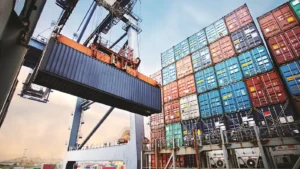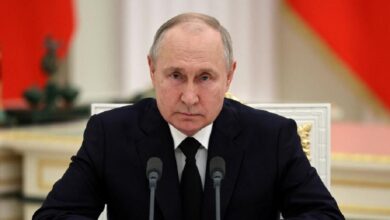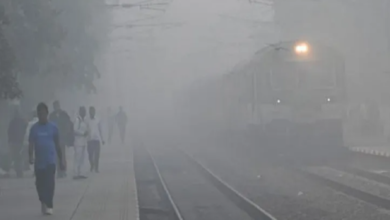Long-term trade with India will not be affected due to unrest: Bangladesh

By Vasudha Mukherjee
Bangladesh’s trade with India will stabilise despite recent disruptions and a temporary decline in commerce between the two neighbouring countries, Md Hafizur Rahman, the administrator of the Federation of Bangladesh Chambers of Commerce and Industry (FBCCI) told ANI on late Monday evening. Rahman further expressed confidence that current challenges, including currency fluctuations and political shifts, would not create lasting setbacks in trade with India.
Govt transition in Bangladesh: What happened?
In August 2024, an interim government led by Nobel laureate Muhammad Yunus took office in Bangladesh after Prime Minister Sheikh Hasina resigned amidst intense public unrest. This government came into power after widespread protests, particularly led by students and activists who criticised the Hasina administration for alleged human rights abuses, including extrajudicial killings and suppression of Opposition voices. The protests intensified into a revolution that ultimately forced Hasina to step down and seek refuge in India.
The interim government also dissolved the elected FBCCI after deeming it aligned with former Prime Minister Sheikh Hasina’s administration. Rahman was appointed as the interim administrator following this reshuffle. Rahman’s role includes overseeing FBCCI operations and preparing for upcoming elections to establish a new executive committee.
Govt transition slows trade with India
Rahman highlighted the impact of economic pressures such as the foreign currency reserve shortage, which, alongside a rising exchange rate, contributed to a 20 per cent reduction in overall imports.
Trade relations between the nations have slowed down since Bangladesh’s government transitioned in August, with reports of reduced imports from India. “After the government change, we observed a downflow in trade between the two countries. But I believe this is not permanent,” FBCCI administrator Rahman told news agency ANI. Adding that this decrease was due to short-term factors and not indicative of a long-term trend.

India plays a crucial role in supplying raw materials and goods to Bangladesh, accounting for approximately $14 billion in imports annually. Many of these imports are essential for Bangladesh’s industries, particularly raw materials. This means any decline in demand has a broad effect on the country’s trade volume. In contrast, Bangladesh’s exports to India total around $2 billion, according to Rahman. Closing this gap, he said, would require Bangladesh to expand its product range and increase export capacities.
Imports from India include essential goods such as cotton, vegetables, and machinery.
India’s temp visa restrictions on Bangladesh
India placed temporary visa restrictions on Bangladeshi citizens following security concerns following the uprising in August. The restriction not only impacted tourism but also disrupted medical travel and small-scale business activities.
Rahman noted that around 1.4 million Bangladeshis typically travel to India annually, many for medical purposes. “With visa restrictions, trade was also affected since some of these travellers carry out small-scale business activities.”
Rahman believes that lifting these restrictions will support the normalisation of trade flows. He added that if Indian authorities seek additional security for their visa centres, the Bangladeshi government would ensure measures to maintain safety. Rahman believes that with the new administration in the country settling in, both countries have ‘ample opportunities’ to increase trade and strengthen economic ties.




